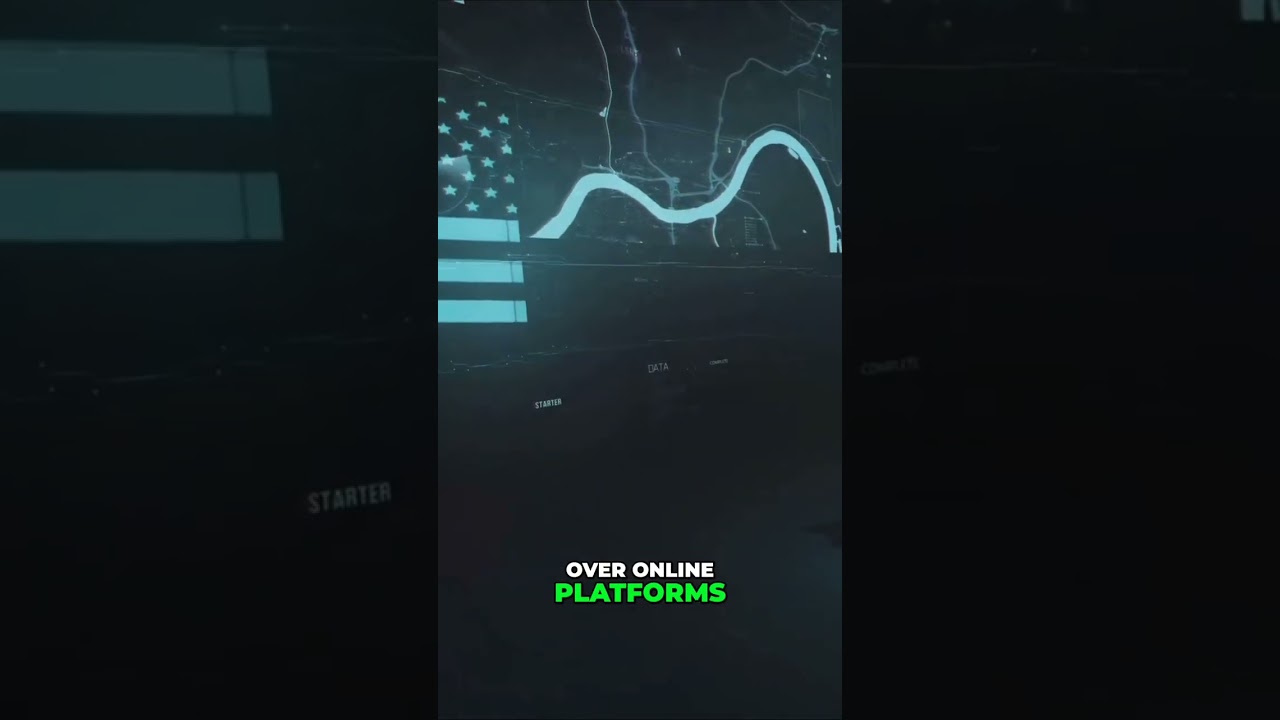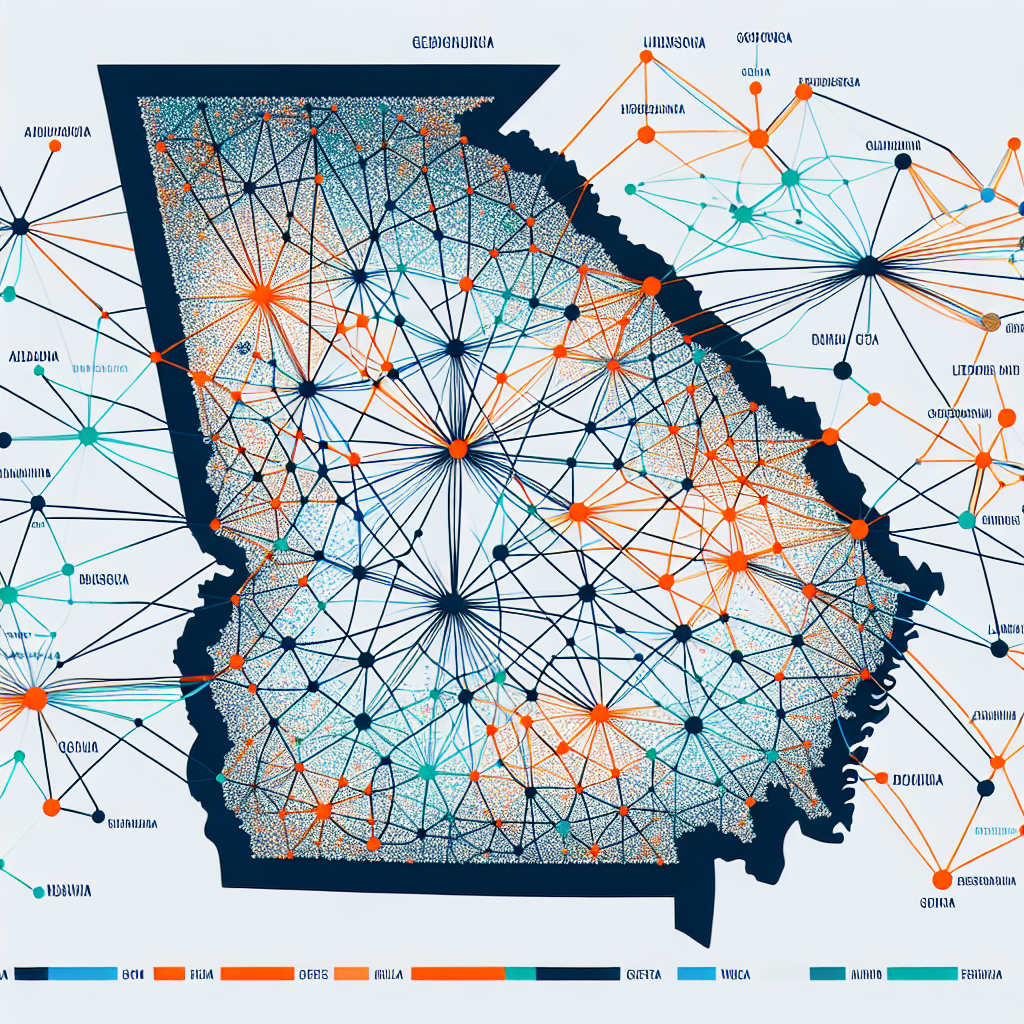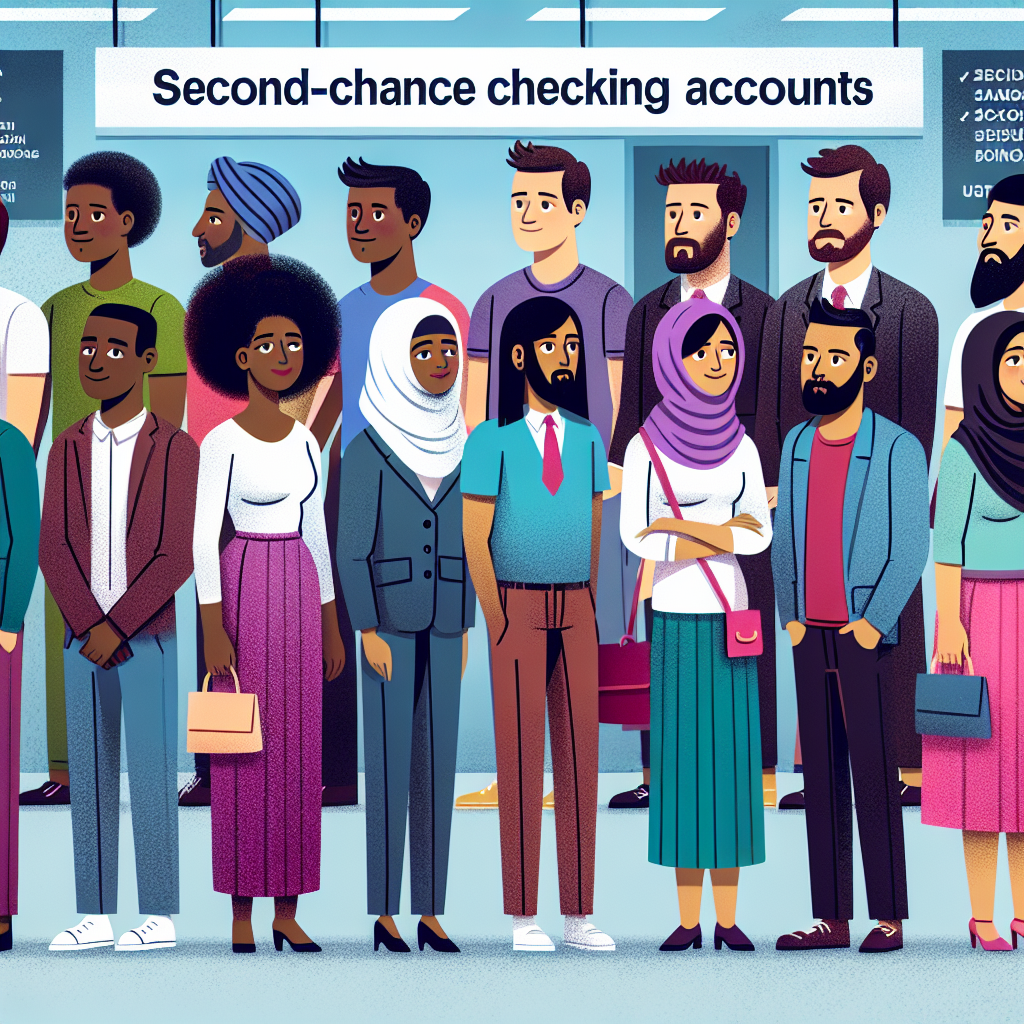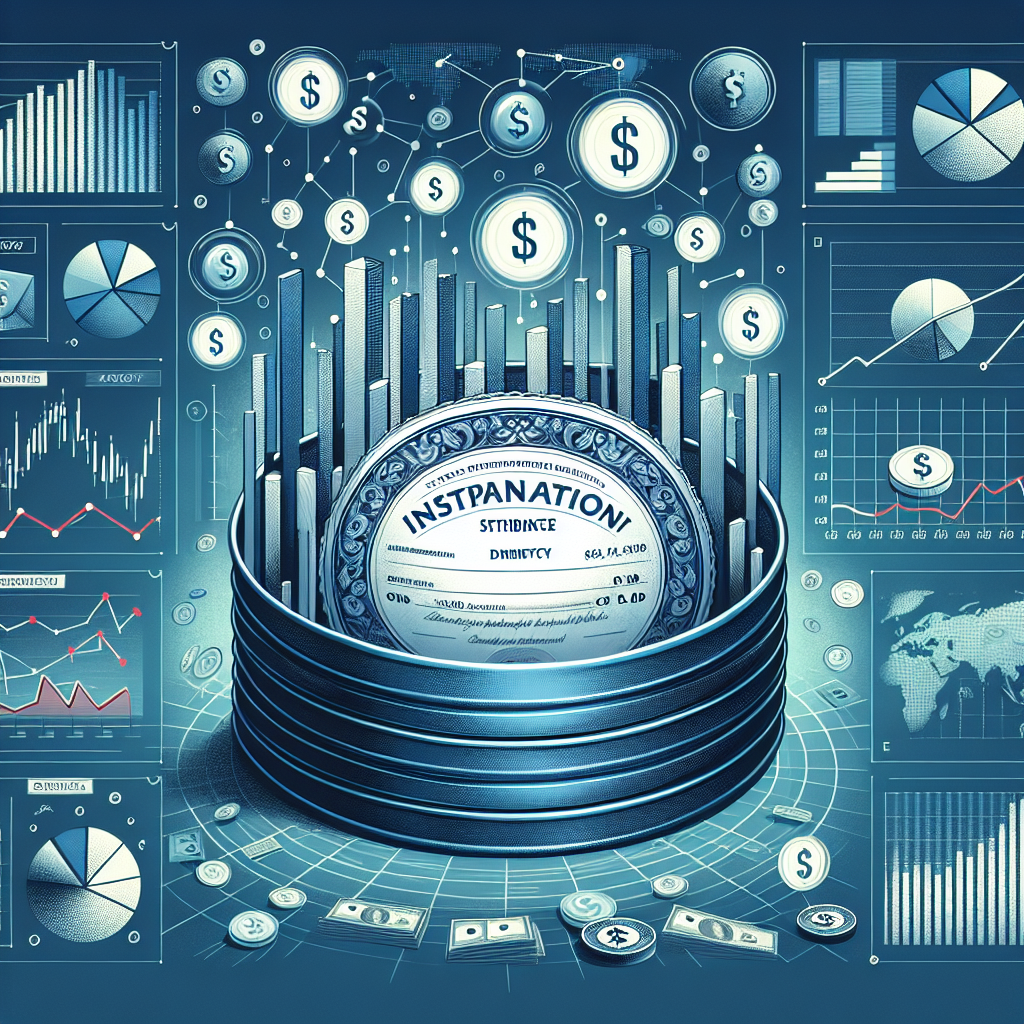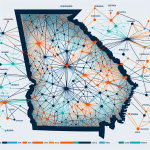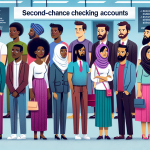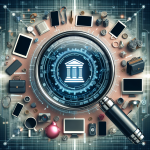Blockchain technology has become a buzzword in recent years, and one of its most exciting applications is in education. Decentralized education platforms are online spaces where students can learn without a central authority controlling everything. This means that anyone can take part in these learning opportunities, which can be really cool!
One of the main advantages of using blockchain in education is how it keeps track of information safely and securely. With blockchain, students can earn credentials and certificates that are stored on the blockchain. This makes it hard for anyone to fake them, which is important in today’s world. Imagine finishing a course and getting a digital badge that shows everyone you really did it—that’s what blockchain can do!
Furthermore, decentralized platforms allow for more flexibility in learning. Students can choose what they want to study and at what pace. There are no strict rules or schedules like in traditional schools. This freedom can help more people access education and learn skills they are truly interested in, no matter where they are.
However, there are some challenges too. Not everyone has access to the technology needed to join these platforms. Plus, some people might not trust the technology yet, since it’s still quite new. But with time, more people will understand how it works and see its benefits.
In conclusion, blockchain has the potential to change education for the better by making it more open and trustworthy. As we explore this exciting technology, we can look forward to a future where everyone has the opportunity to learn and grow, no matter their background!
Glossary:
The Future of the Internet: Decentralization, Innovation, and User Empowerment
1. Blockchain: A secure online database that keeps records safe from tampering.
2. Decentralized: No single person or company is in charge; everyone can share control.
3. Credentials: Certificates or badges that show someone has completed a course or program.
The Rise of Decentralized Education Platforms
In today’s world, education is often controlled by big institutions, which can make it difficult for many people to access quality learning opportunities. However, with the rise of blockchain technology, there’s potential for creating decentralized education platforms that can empower both learners and educators. These platforms can allow anyone to share knowledge and learn from others without the barriers set by traditional systems.
Understanding Blockchain
Before diving into how blockchain can change education, it’s important to understand what blockchain is. Basically, blockchain is a digital ledger that securely records transactions across many computers so that the record cannot be changed retroactively. This makes it very secure and transparent.
- Decentralization: This means that no single entity has control over the entire system.
- Transparency: All transactions are visible to everyone involved, ensuring honesty.
- Security: Once information is added to the blockchain, it is nearly impossible to alter.
Challenges in Traditional Education
Traditional education systems face several challenges:
- High Costs: Education can be very expensive, making it inaccessible for many.
- Lack of Access: Not everyone has the same opportunities for quality education, especially in remote areas.
- Standardization: Curriculums can be rigid, not catering to individual learning styles.
How Blockchain Can Help
The potential of blockchain in education lies in its ability to address these challenges:
- Lower Costs: By removing intermediaries, education can become more affordable. As stated by a leading expert, “The use of blockchain could significantly reduce administrative costs in education.”
- Global Access: Anyone with an internet connection can access decentralized platforms, allowing for a wider reach.
- Personalized Learning: Decentralized platforms can allow users to choose what, how, and when they learn, catering to diverse needs.
- Verified Credentials: Blockchain can be used to store and verify educational achievements, preventing fraud.
Real-World Examples
Several initiatives demonstrate how blockchain is being used in education:
| Open University | Using blockchain technology to issue digital badges for completing courses. |
| MIT Media Lab | Experimenting with a blockchain system for issuing and verifying credentials. |
The Role of Educators
With decentralized platforms, educators can also benefit greatly:
- Increased Earnings: Educators can earn money directly from users without going through a school.
- Flexible Schedules: They can set their own hours and teach what they are passionate about.
- Global Reach: They can attract learners from all over the world.
Potential Limitations
While the potential of blockchain in education is enormous, some challenges remain:
- Technical Knowledge: Users need to understand how to use blockchain technology effectively.
- Regulatory Issues: Different countries may have different laws affecting blockchain use.
- Trust and Adoption: People may be reluctant to switch from traditional systems to blockchain-based ones.
As one thought leader in the field pointed out, “For blockchain to be successful in education, we must first build trust within the community.”
Looking Forward
The future of education may see a shift towards decentralized platforms powered by blockchain. By empowering learners and educators alike, this technology has the potential to make education more accessible, personalized, and secure. The journey is just beginning, and it will be exciting to watch how these changes unfold in the coming years.
Q: What is blockchain technology?
A: Blockchain is a decentralized digital ledger technology that records transactions across many computers securely and transparently. It allows multiple parties to have access to the same data without the need for a central authority.
Q: How can blockchain be applied in education?
A: Blockchain can be used in education to create decentralized platforms that enhance data security, verify credentials, and facilitate peer-to-peer learning. It can streamline administrative processes and provide students with control over their educational records.
Q: What are the benefits of using decentralized education platforms?
A: Decentralized education platforms can reduce costs, increase accessibility, and promote personalized learning. They enable students to learn at their own pace and provide educators with more tools to support individual learning needs.
Q: How does blockchain ensure the security of educational credentials?
A: Blockchain uses cryptographic techniques to secure data, ensuring that once credentials are recorded, they cannot be altered or erased. This provides a reliable way to verify degrees and certifications without the risk of forgery.
Q: Can blockchain help in the issue of credential verification?
A: Yes, blockchain can simplify the verification process for employers and educational institutions. They can easily access and confirm a candidate’s educational history through a secure and transparent system, reducing the time and effort required for background checks.
Q: What role does smart contracts play in decentralized education platforms?
A: Smart contracts can automate processes such as enrollment, grading, and payment transactions on decentralized education platforms. They ensure that conditions are met before actions are executed, adding an extra layer of security and efficiency.
Q: Are there any challenges associated with implementing blockchain in education?
A: Yes, challenges include the need for technological infrastructure, the understanding of blockchain among educators and students, regulatory concerns, and the potential resistance to change from traditional educational systems.
Q: How can educators benefit from using blockchain technology?
A: Educators can benefit from increased transparency and collaboration. They can share resources more effectively and track student progress through immutable records, which can lead to improved teaching strategies and better learning outcomes.
Q: Will blockchain completely replace traditional education systems?
A: While blockchain offers significant enhancements to education, it is unlikely to completely replace traditional systems. Instead, it can complement and improve existing models by providing innovative solutions to longstanding challenges.
Q: What is the future potential of blockchain in education?
A: The future potential of blockchain in education is vast. It could lead to more democratic access to quality education, empower learners globally, and create opportunities for lifelong learning through certified micro-credentials and decentralized learning pathways.

